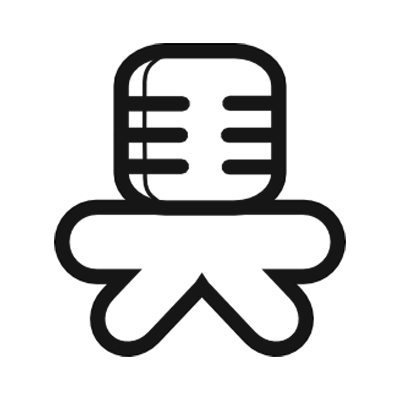If you are looking to convert your M4A files to WAV format, you have come to the right place. M4A is a popular audio format that is commonly used for storing songs on Apple devices. However, there may be instances where you need to convert these files to WAV format. WAV is a lossless audio format that provides higher audio quality and is compatible with a wider range of devices and software. Converting your M4A files to WAV format ensures that you can enjoy the best audio quality and also have the flexibility to use these files across different platforms. Whether you want to play your songs on a non-Apple device, use them in a video editing software, or simply want to have a backup in a more universal format, our M4A to WAV converter can help you achieve that with ease. The converter we recommend is a reliable and efficient tool that allows you to convert your files quickly and accurately. Give it a try and start enjoying your M4A files in WAV format today.


















M4A is a popular audio file format that is primarily associated with Apple Inc. It is a file extension used for the MPEG-4 audio layer, which is a container format for storing digital audio data. M4A files are often used for music downloaded from the iTunes Store, as they offer high-quality audio with a smaller file size compared to other formats. These files use the Advanced Audio Coding (AAC) codec, which provides efficient compression without compromising the audio quality. M4A files are compatible with various media players and devices, including iPhones, iPads, and iPods. They can also be played on non-Apple devices and software that support the AAC codec. Overall, M4A files are an excellent choice for enjoying high-quality audio content in a compact and versatile format.
WAV files, also known as Waveform Audio Format files, are high-quality audio files that can store and play back sound data in its original form. They are widely used in various applications such as music production, sound editing, and multimedia presentations. WAV files are known for their uncompressed and lossless format, which means that they preserve the original quality of the audio without any data loss or compression artifacts. This makes them ideal for professional work where audio fidelity is paramount. WAV files can support a wide range of audio resolutions and sampling rates, which allows for flexibility in capturing and reproducing sound. Due to their larger file size compared to compressed audio formats, WAV files are commonly used in situations where audio quality is a top priority.